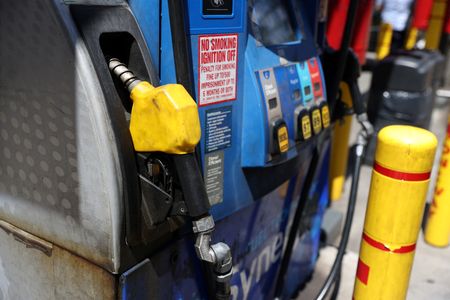TRENTON, NJ – Former Governor Chris Christie is talking tough on the campaign trail when it comes to his opponents, but he’s been pretty quiet when it comes to talking about two of his accomplishments during his tenure.
Christie rarely speaks about bail reform and the gasoline tax when he’s on the campaign trail painting himself as the only alternative to Donald Trump.
In the realm of criminal justice reform, few figures have left a more indelible mark than former Republican Governor Chris Christie of New Jersey.
Eight years ago, Governor Christie partnered with Democrats to pass a monumental overhaul of the state’s criminal justice system, spearheading the effective elimination of cash bail. This bold initiative set the stage for a transformative shift in how New Jersey handles pretrial detention, emphasizing fairness, public safety, and the protection of individual rights. Let’s delve deeper into the impact of Chris Christie’s trailblazing work on New Jersey’s bail reform.
Since he left office, the Bail Reform Act has been criticized for creating a revolving door policy for violent offenders in New Jersey.
Recognizing the inherent flaws of the cash bail system, Governor Christie took a bipartisan approach to tackle the issue head-on. Working with Democrats, he championed a comprehensive overhaul that aimed to address the shortcomings of the existing system while prioritizing public safety and fairness.
Many argue that fairness comes at the expense of victims.
Then there’s the gas tax. He rolled out one of the worst pieces of legislation and New Jerseyans are still paying dearly for it at the gas pump today. The state was once known as one of the cheapest states to buy gasoline. Pennsylvania and New York commuters would often fill their tanks in Jersey before heading home because the savings was significant.
It’s no longer the case after Chris Christie changed the gas tax code.
After years of debate and hesitation, in 2016, Christie ultimately signed a bipartisan bill to raise the gas tax by 23 cents per gallon.
This 23-cent increase represented the first time the state had raised the gas tax in almost three decades. The decision aimed to replenish the state coffers and provide funds for transportation projects across New Jersey.
The gas tax hike faced intense public backlash. Critics argued that it would place an additional financial burden on already struggling households and businesses, making it more expensive to commute and impacting the cost of goods and services. Critics also questioned the effectiveness of existing infrastructure spending, demanding better transparency and accountability in how the increased revenue would be utilized.

